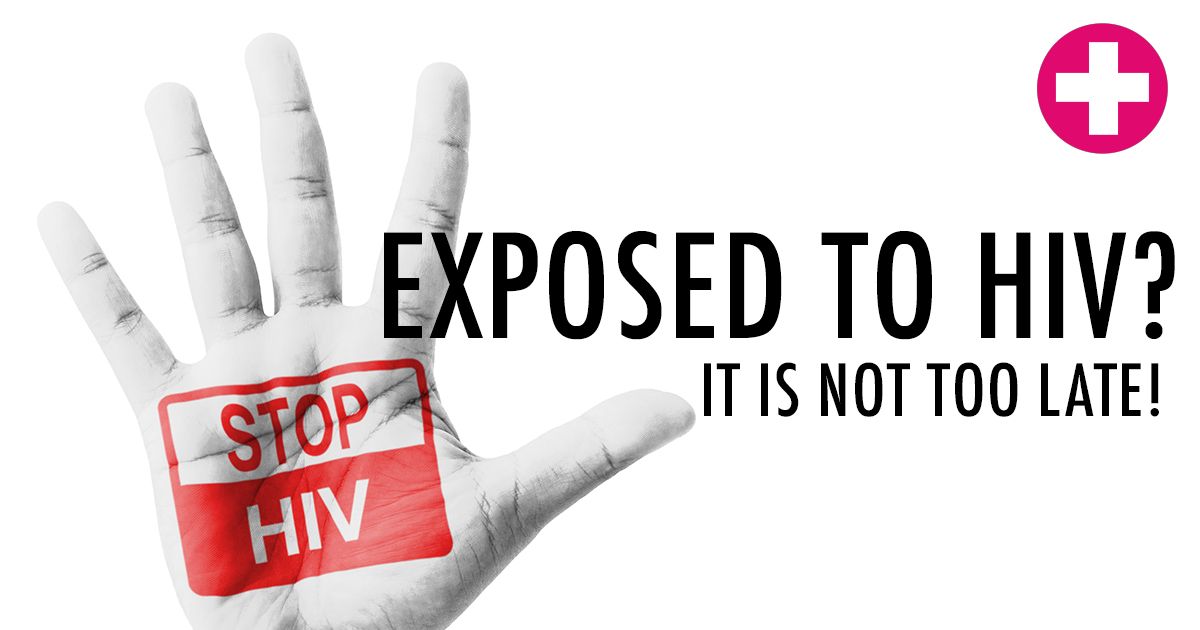Of all the letters in the English language, few are feared as much as the simple combination of H.I.V. Once you’re infected, the impact on your health and on your family can be devastating. As careful as you may be, there are still scenarios which can result in exposure to HIV. Instead of worrying and running the risk of serious health consequences, take steps to protect yourself and your loved ones from the effects of this virus. One way to conquer an HIV exposure is to use PEP.
What is it?
PEP stands for Post-Exposure Prophylaxis, which simply means a treatment that you begin right away after your exposure event. Your goal is to keep from being permanently infected with HIV. This kind of antiretroviral therapy often comes to the aid of healthcare professionals, who face exposure scenarios in the course of their work.
How does it work?
Essentially, the PEP medication creates problems for HIV, preventing the virus from replicating, or copying itself, as it normally would. Without the ability to create HIV copies, the virus cannot spread throughout the body. In a best-case scenario, the spread is contained and infection is prevented.
If you suspect or know that you were exposed to HIV, act now. Don’t wait to be sure. The PEP treatment has a 72-hour window of efficacy, and the sooner you get started on it, the better. The longer you wait, the more time HIV has to copy itself and spread.
Seeking Medical Help
Sometimes, people who have experienced an exposure event are anxious about losing their privacy if they seek help. When you choose an STD clinic in Singapore that provides PEP treatment, rest assured that your personal affairs will be respected and kept private. While doctors and nurses may need to ask you a few pertinent questions, your private life remains secure and undisclosed to anyone else.
How Well Does It Work?
Keep in mind that your level of risk increases depending on the type of exposure involved in your scenario. Certain types of intercourse with an infected partner carry more risk of infection. Sharing needles with an HIV-positive individual is a high-risk situation as well. On the other hand, coming into contact with an infected person’s tears or sweat does not generally result in transmission of HIV.
The good news is that PEP is highly effective in decreasing the possibility of HIV infection. Some reports quote a success rate of up to 81%. Once you and your doctor evaluate the situation, including all benefits and risks, you can begin your PEP treatment, which lasts about 28 days. Be sure to follow up with your STD clinic in Singapore so that the medical professionals there can continue to assess your progress, screen your body for infection, and monitor any potential side effects. Usually, the side effects for PEP are no worse than a little occasional nausea– easy to put up with when you consider the far more serious effects of HIV itself.
Keep in mind that a round of PEP is a one-time solution for an unusual scenario. If you expect to be routinely exposed to HIV, speak with a doctor about preventative measures that can lower your risk for contracting the virus. With prompt action and the right medical advice, give yourself the best possible chance of overcoming an HIV exposure.

